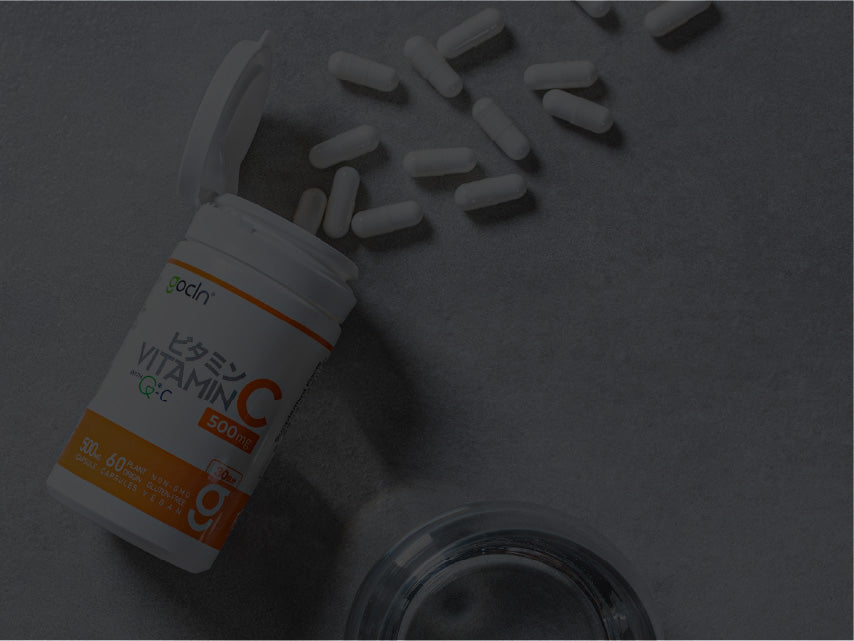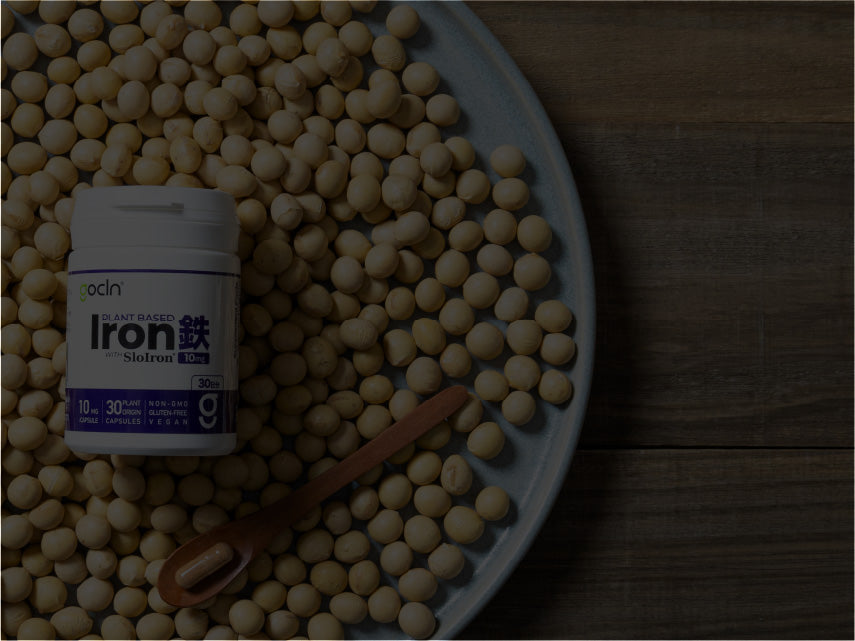Vitamin C helps climbers and trekking athletes performance.
Peng H et al. High Alt Med Biol. 2018 Dec;19(4):373-381.
OBJECTIVE:
Clinical studies have shown that oral vitamin C supplementation can reduce serum uric acid levels in multiple populations and may also improve acute mountain sickness. However, it is unclear whether this protocol can improve high-altitude hyperuricemia. Therefore, we aimed to evaluate the role of vitamin C supplementation on high-altitude hyperuricemia.
METHODS:
A preliminary prospective control study was performed in 2015. Young male army recruits (n = 66), who had recently arrived on the Tibetan Plateau for the first time, were recruited for study I. Subjects were assigned to either the vitamin C group, who took an oral daily dose of 500 mg vitamin C for 1 month, or the blank control group, who had no intervention. The levels of serum uric acid, serum creatinine, and blood urea nitrogen were monitored at baseline and at the end of 1 month. In a second study II in 2016 (n = 120), the effect of 500 mg/d vitamin C on high-altitude hyperuricemia was compared with 75 IU/d of vitamin E.
RESULTS:
In study I, the level of serum uric acid at 1 month was significantly higher than at baseline (436.1 ± 79.3 μmol/L vs. 358.0 ± 79.8 μmol/L, p < 0.001) and the prevalence of hyperuricemia was also significantly higher (63.6% [95% confidence interval, CI: 52.0%-75.2%] vs. 19.7% [95% CI: 10.1%-29.3%], p < 0.001). Both the level of serum uric acid (411.5 ± 74.2 μmol/L vs. 460.8 ± 54.8 μmol/L, p = 0.003) and the prevalence of hyperuricemia (48.5% [95% CI: 31.4%-65.6%] vs. 78.8% [95% CI: 64.9%-92.7%], p = 0.020) were significantly lower in the vitamin C group than in the blank control group. In study II, the levels of serum uric acid and the frequency of hyperuricemia also increased over 1 month and were similar in the vitamin C and the vitamin E groups at both baseline and 1 month (p > 0.05). The change in serum uric acid was positively correlated with both the changes in serum creatinine (r = 0.599, p < 0.001) and blood urea nitrogen (r = 0.207, p = 0.005).
CONCLUSIONS:
These findings indicate that healthy young men develop an increase in serum uric acid within a month of moving from low to high altitude. Oral vitamin C supplementation can safely reduce this increase at a low cost.
Resource from https://www.ncbi.nlm.nih.gov/pubmed/30358417
Full Text Sources Atypon - PDF




